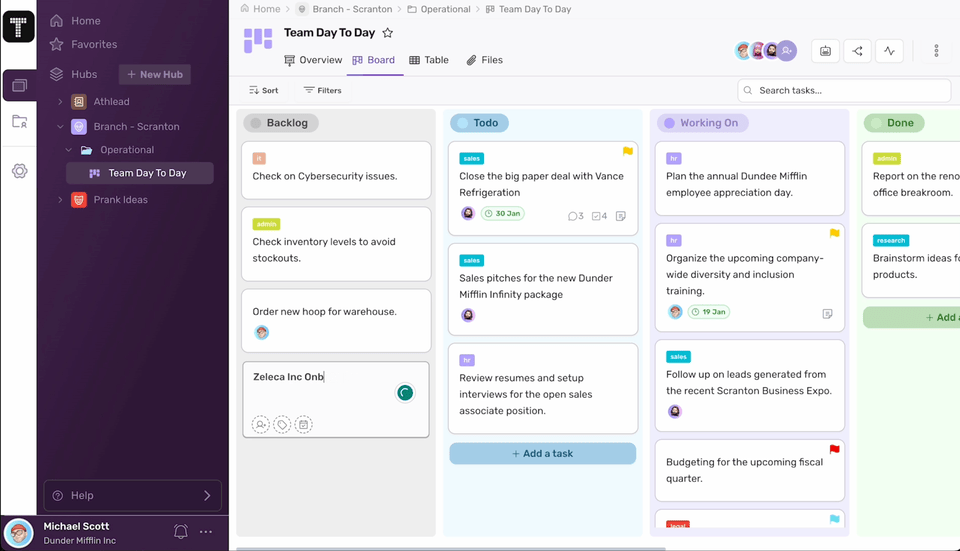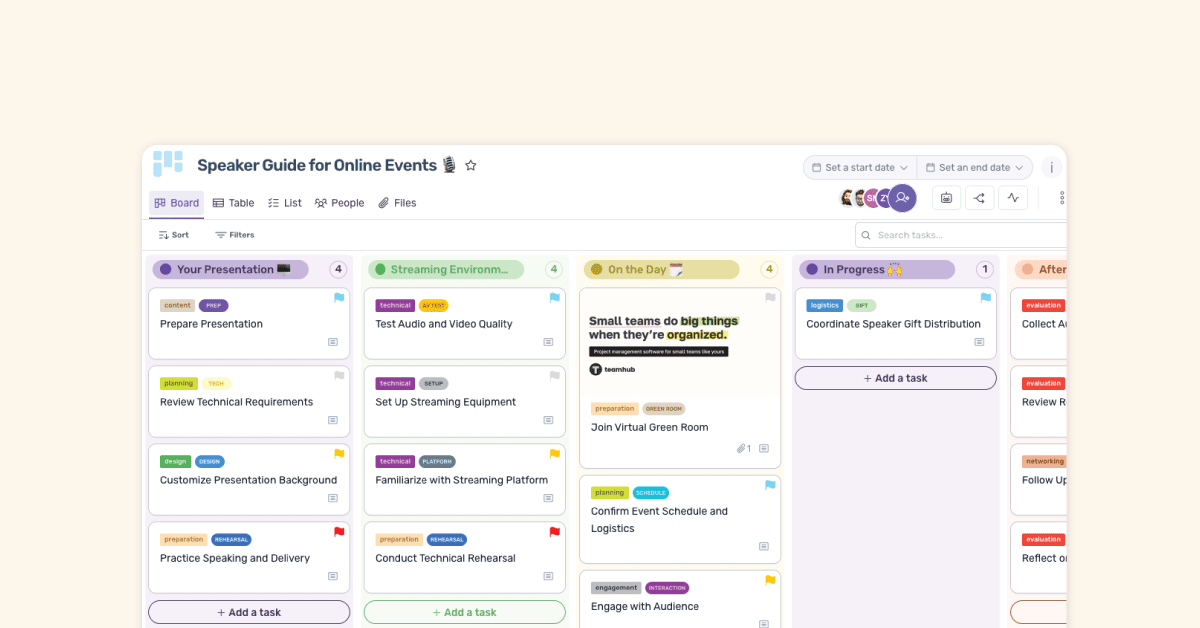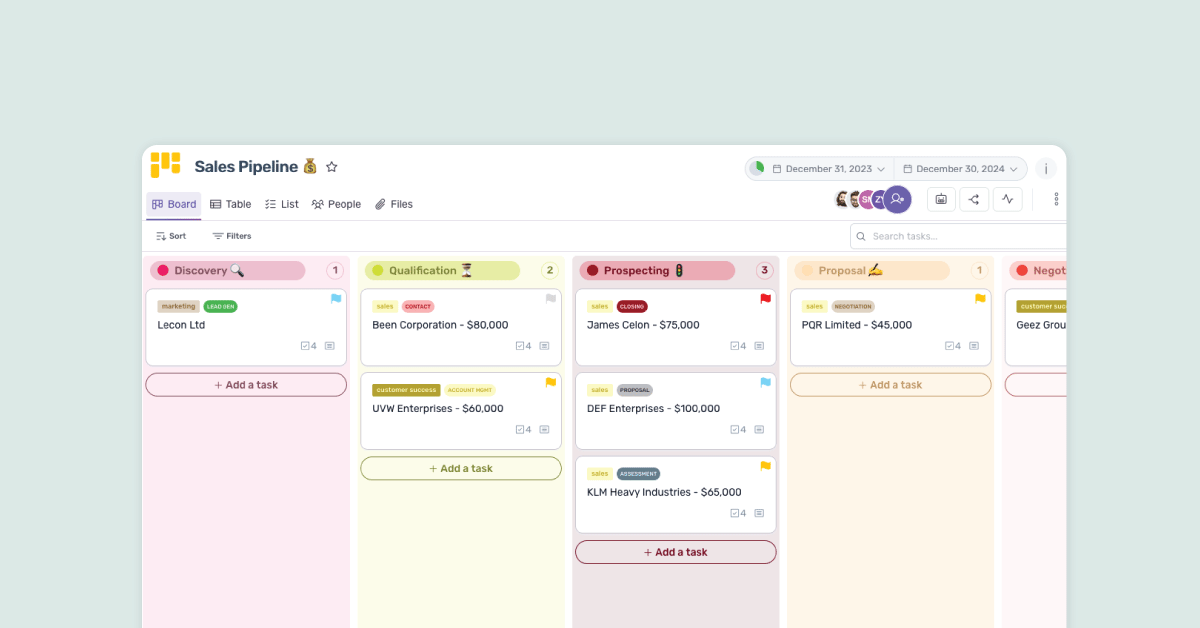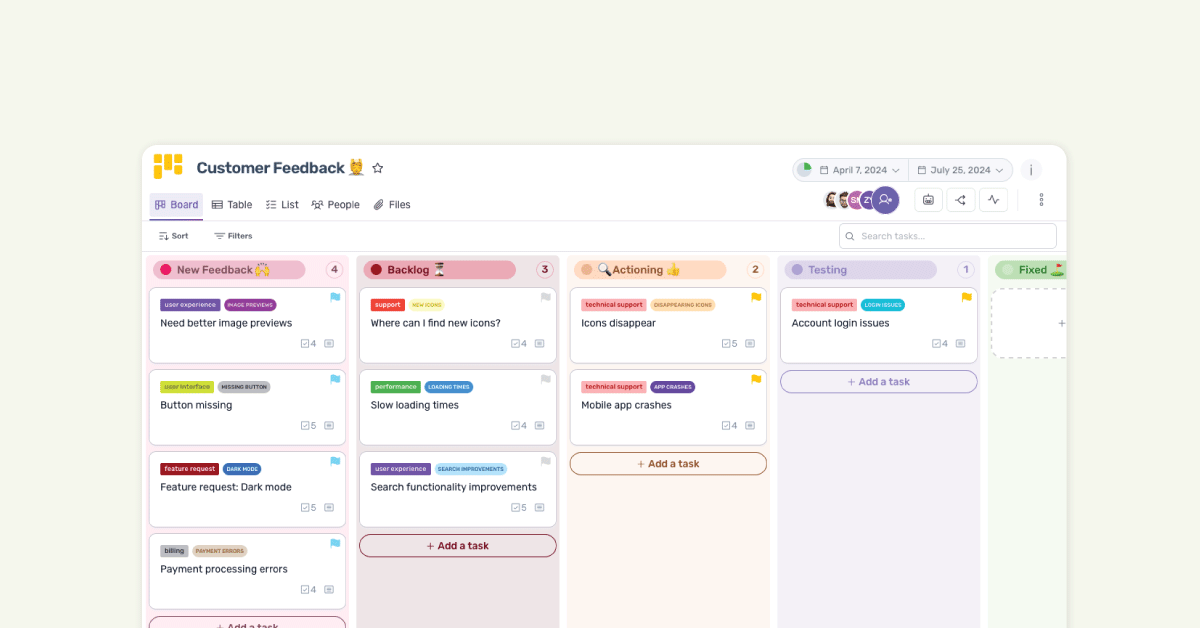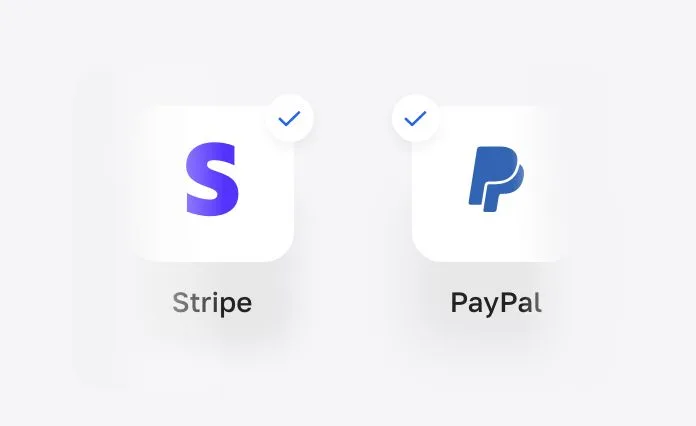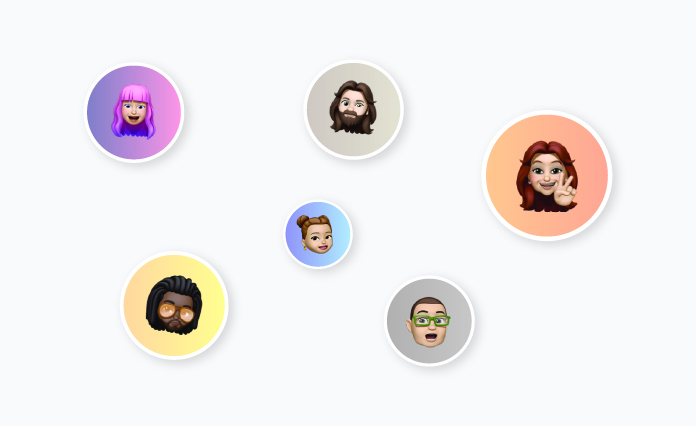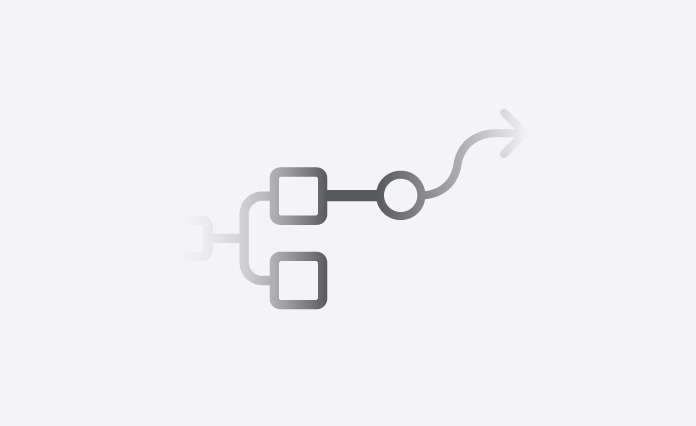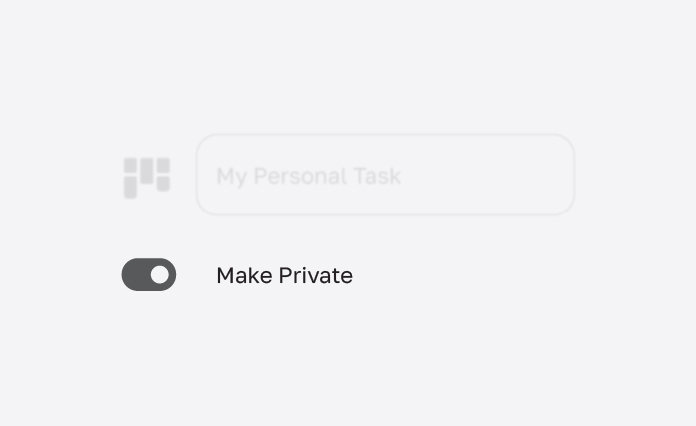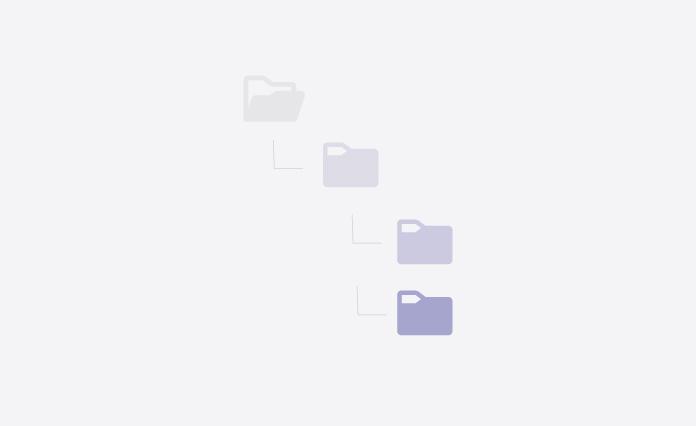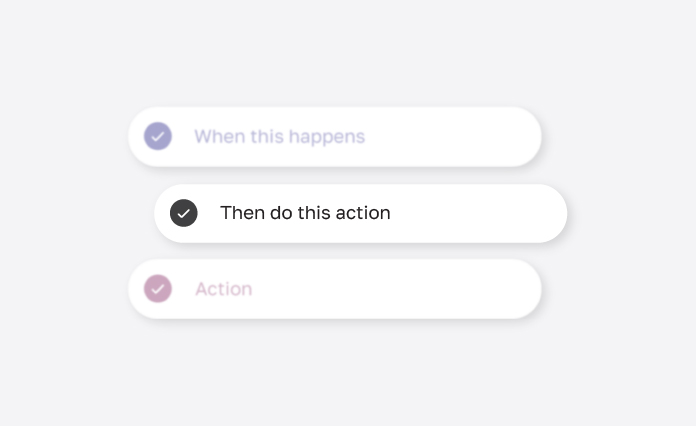Non-governmental organizations (NGOs) have to streamline their operations and maximize their resources in order to meet their goals and make a lasting impact. Project management software has emerged as an essential tool that helps NGOs effectively manage their projects, enhance collaboration, and ensure accountability. Understanding the benefits and considerations of implementing project management software is crucial for NGOs to make informed decisions in selecting the right software for their specific needs.

Understanding Project Management Software
Project management software provides NGOs with digital solutions to plan, execute, and monitor their projects effectively. It serves as a centralized platform where project managers and team members can collaborate, track progress, and manage tasks, timelines, and resources efficiently.
When it comes to project management software, there are various options available in the market. Each software offers a unique set of features and capabilities to meet the specific needs of different organizations. Understanding the core features of project management software can help NGOs make informed decisions and choose the right tool for their projects.
Defining Project Management Software
Project management software is a digital tool that enables organizations to streamline their project management processes. It provides a centralized platform where project managers and team members can access project-related information, collaborate, and track progress in real-time.
With project management software, NGOs can effectively plan and execute their projects by breaking them down into smaller tasks, assigning responsibilities, setting deadlines, and monitoring progress. This software also allows organizations to allocate resources, manage budgets, and track expenditures, ensuring that projects stay within budget and are completed on time.
Furthermore, project management software offers collaboration tools that enable team members to communicate, share files, and provide updates in real-time. This fosters seamless communication and collaboration among team members, regardless of their geographical locations.
Project tracking is another essential feature of project management software. It allows project managers to monitor project milestones, evaluate performance, and generate reports. By having access to real-time data and analytics, NGOs can make data-driven decisions and identify areas for improvement.
Document management is also a crucial aspect of project management software. It provides a centralized location for organizing and storing project-related documents and files. This ensures that all project-related information is easily accessible and reduces the risk of data loss or misplacement.
Core Features of Project Management Software
Project management software offers a range of features to facilitate project planning and execution. These include:
- Task management: Assigning tasks, tracking progress, and setting deadlines;
- Resource management: Allocating resources, managing budgets, and monitoring expenditures;
- Collaboration tools: Enabling team members to communicate, share files, and provide updates in real-time;
- Project tracking: Monitoring project milestones, evaluating performance, and generating reports;
- Document management: Organizing and storing project-related documents and files in a centralized location.
Task management
Task management is a fundamental feature of project management software. It allows project managers to assign tasks to team members, track their progress, and set deadlines. This ensures that everyone is aware of their responsibilities and timelines, promoting accountability and efficient project execution.
Resource management
Resource management is another critical feature offered by project management software. It enables organizations to allocate resources effectively, manage budgets, and monitor expenditures. By having a clear overview of resource allocation and budget utilization, NGOs can optimize their resource utilization and ensure that projects are financially sustainable.
Collaboration tools
Collaboration tools provided by project management software foster effective communication and collaboration among team members. These tools enable team members to communicate in real-time, share files, and provide updates on project progress. This eliminates the need for lengthy email chains and promotes seamless collaboration, even if team members are located in different parts of the world.
Project tracking
Project tracking is a feature that allows project managers to monitor project milestones, evaluate performance, and generate reports. By having access to real-time data and analytics, project managers can identify potential bottlenecks, track project progress, and make informed decisions to keep the project on track.
Document management
Document management is an essential aspect of project management software. It provides a centralized location for organizing and storing project-related documents and files. This ensures that all project-related information is easily accessible to team members, reducing the risk of data loss or misplacement. Additionally, document management features often include version control, allowing team members to track changes and collaborate on documents effectively.
Overall, project management software offers a comprehensive set of features to streamline project planning, execution, and monitoring. By leveraging these features, NGOs can enhance their project management processes, improve collaboration, and achieve successful project outcomes.
The Role of Project Management Software in Non-Governmental Organizations

Non-Governmental Organizations (NGOs) play a crucial role in addressing social and environmental issues around the world. With their diverse projects and teams, it is essential for NGOs to have efficient systems in place to ensure smooth operations and successful project outcomes. One such system that has proven to be invaluable is project management software.
Streamlining Operations
NGOs often work on multiple projects simultaneously, with different teams and stakeholders involved. This can lead to complexities in project planning, execution, and monitoring. However, project management software provides a structured framework that helps streamline operations.
By utilizing project management software, NGOs can effectively plan and organize their projects. They can break down complex tasks into smaller, manageable ones, assign responsibilities to team members, and set realistic timelines. This ensures that tasks are assigned, resources are allocated efficiently, and project timelines are adhered to, minimizing delays and maximizing productivity.
Furthermore, project management software allows NGOs to track the progress of their projects in real-time. They can monitor the completion of tasks, identify bottlenecks, and make necessary adjustments to keep the project on track. This level of visibility and control enables NGOs to proactively address any issues that may arise, ensuring the successful completion of their projects.
Enhancing Collaboration and Communication
Effective collaboration and communication are vital for the success of NGO projects. With teams often spread across different locations, it can be challenging to maintain seamless communication and ensure everyone is on the same page. This is where project management software comes in.
Project management software facilitates seamless communication among team members, regardless of their physical location. It provides a centralized platform where team members can share information, updates, and files instantly. This eliminates the need for lengthy email chains and allows for more efficient communication.
Real-time collaboration features, such as discussion forums and document sharing tools, further enhance teamwork within NGOs. Team members can engage in discussions, brainstorm ideas, and provide feedback, all within the project management software. This not only improves decision-making but also promotes knowledge-sharing within the organization.
Moreover, project management software allows NGOs to involve external stakeholders, such as donors and partners, in the collaboration process. They can provide access to specific project information, enabling stakeholders to stay informed and contribute to the project’s success. This level of transparency and inclusivity strengthens relationships and fosters a sense of shared ownership in the project.
In conclusion, project management software plays a crucial role in the operations of non-governmental organizations. By streamlining operations and enhancing collaboration and communication, it empowers NGOs to effectively plan, execute, and monitor their projects. As NGOs continue to tackle complex social and environmental challenges, project management software will undoubtedly remain an invaluable tool in their arsenal.
Benefits of Implementing Project Management Software in NGOs
Increased Efficiency and Productivity
Project management software streamlines project workflows, automates repetitive tasks, and eliminates manual paperwork. This significantly reduces administrative overhead and allows NGOs to focus more on project execution. By providing a centralized platform for task management, resource allocation, and progress tracking, project management software boosts efficiency and enhances overall productivity.
Improved Resource Allocation
NGOs often operate on limited budgets and resources. Project management software enables effective resource management by providing real-time visibility into resource availability and utilization. This allows organizations to allocate resources optimally, avoiding overallocation and preventing burnout. With accurate resource tracking and forecasting capabilities, NGOs can make informed decisions to ensure that projects are executed within budget and deadlines.
Enhanced Transparency and Accountability
Transparency and accountability are critical for NGOs, as they rely on funding from donors and grants. Project management software provides a transparent record of project activities, progress, and expenditures. By generating detailed reports and analytics, NGOs can easily demonstrate the impact of their projects to stakeholders. This builds credibility and trust, fostering stronger relationships with donors and increasing the likelihood of future funding.
Key Considerations when Choosing Project Management Software for NGOs

Assessing Organizational Needs
Before selecting project management software, NGOs must carefully assess their specific organizational needs and project requirements. This involves identifying key challenges, evaluating existing processes, and determining the desired features and functionalities of the software. By understanding their unique needs, NGOs can choose a software solution that aligns with their goals and enables seamless integration into their existing systems.
Evaluating Software Usability
NGOs often have diverse teams with varying technical expertise. Ease of use is an essential factor to consider when choosing project management software. NGOs should prioritize software that has an intuitive interface, requires minimal training, and offers user-friendly features. This ensures that all team members can quickly adapt to the software, maximizing its benefits and minimizing potential resistance to change.
Considering Budget and Cost-effectiveness
NGOs operate on limited financial resources, so budget considerations are crucial when selecting project management software. NGOs should evaluate the cost-effectiveness of different software options, considering both upfront costs and long-term maintenance expenses. It is important to strike a balance between affordability and the required features and functionalities. Opting for open-source or cloud-based solutions can often provide cost-effective alternatives for NGOs with budget constraints.
Overcoming Challenges in Implementing Project Management Software
Addressing Resistance to Change
Introducing new software into an organization can sometimes be met with resistance from team members who are comfortable with existing processes. NGOs should proactively address this by communicating the benefits of the project management software and providing adequate training and resources. Engaging with team members and involving them in the selection and implementation process increases the likelihood of successful adoption and minimizes resistance to change.
Ensuring Adequate Training and Support
NGOs must prioritize training and support to ensure that team members are equipped with the necessary skills to use the project management software effectively. This includes providing comprehensive training sessions, documentation, and access to technical support. Regular feedback and evaluation can further enhance the software’s usability and address any challenges that may arise during implementation.
In conclusion, project management software offers numerous benefits for non-governmental organizations, enabling them to streamline operations, enhance collaboration, and ensure accountability. However, careful consideration of organizational needs, software usability, and budget constraints is crucial when selecting the right software solution. Overcoming challenges in implementation through effective change management and providing adequate training and support to team members are vital for successful adoption. By harnessing the power of project management software, NGOs can increase efficiency, improve resource allocation, and ultimately make a greater impact in their endeavors.

